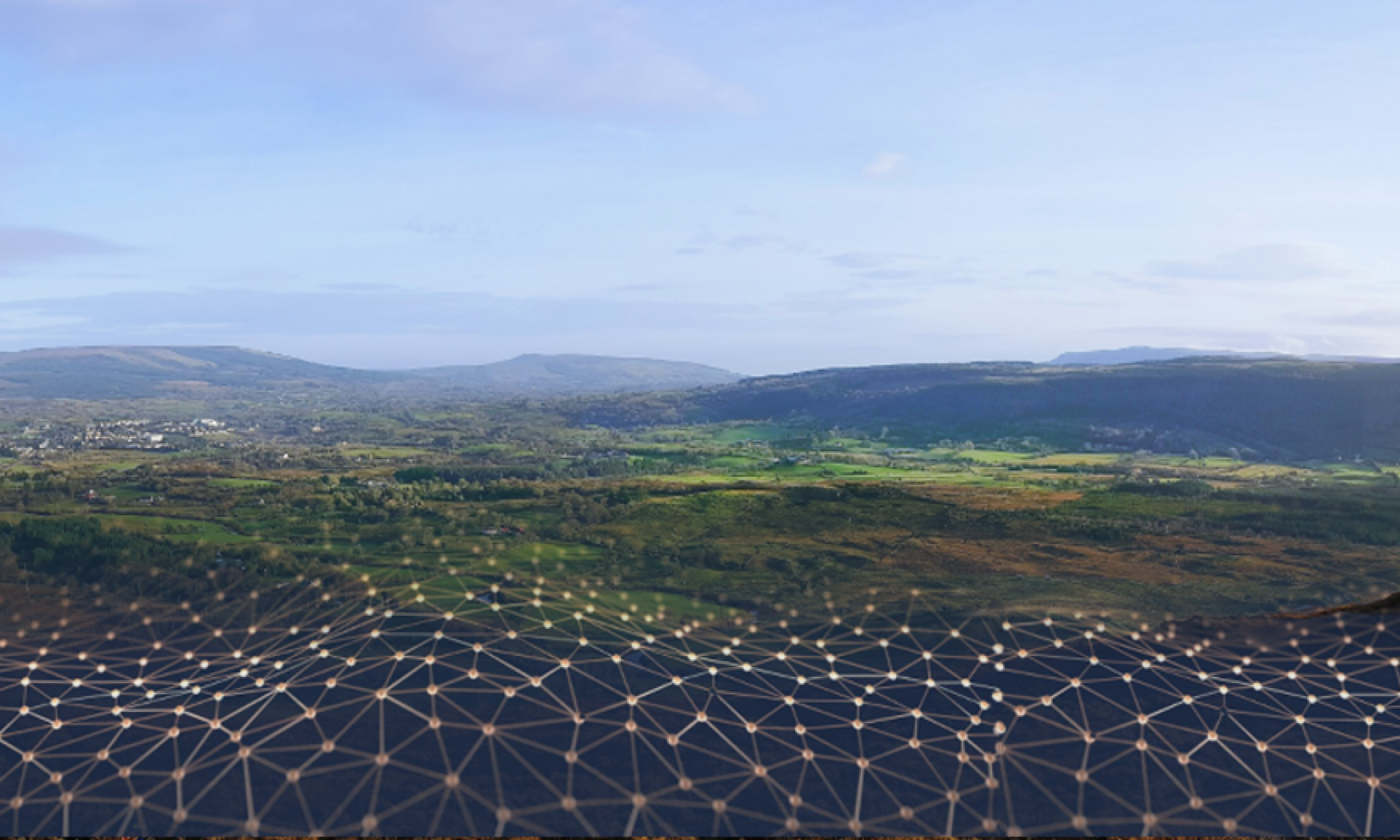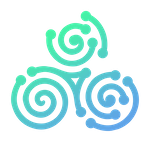Art for What’s Sake?
What kind of art is possible in a digital society? Not just art forms, but what kinds of artists (are they human?) and audiences will there be? Will art serve the same purpose that it has done for centuries? Will the digital society disrupt the very social and cultural cohesion on which growth and stability depend? Can we harness those forces for new forms of expression and identity?
Digital Human
History – said James Joyce – is a nightmare from which I am trying to awake. The narratives of the digital transformation have the recurring character of the digital human. A character that is sometimes an angel and sometimes a devil. It is the cyborg that absolutely will not stop, it is the uploaded consciousness, it is the child forever immersed in the endless online game.
Is the digital society defined by the interaction of human beings and the environment they occupy and create by their collective action? Or is the digital society a human being+machine now the unit around which identity, rights, legal identity and meaning revolve?
Networked Personality
We’ve always been social, but the digital society seems to have created the paradox of constant contact and alienation. We have no shortage of channels for communication, self-expression and re-invention, and yet authenticity, credibility and dependability seem to be increasingly elusive.
Communication is prolific, easy to engineer, and very visible. Connection is elusive, unpredictable, impossible to replicate.
In a digital society, will the combination of characteristics or qualities that form an individual’s distinctive character be directly associated with one’s own learning and habits? Will behaviour – on which identity rests and through which decisions are made – be wholly one’s own, or will the machines and systems to which one is connected become proxies for identity? In what sense will we be legally, morally, and intellectually responsible for our creations?
Manifesto
What are the principles of freedom, of choice in Digital Society? How do we recognise these rights – can we turn to our artists to inspire us and preserve our dignity and independence? Do we need a manifesto to rally around so that we still have the power of free choice – or is the idea that we can have a local cultural identity to defend passé?
Break-out sessions
On the second day of the conference, attendees will get a chance to explore these themes in detail, sharing their own views and learning from others. Afterwards, attendees can explore North Mayo, a beautiful and stimulating environment for reflection and enjoyment.

